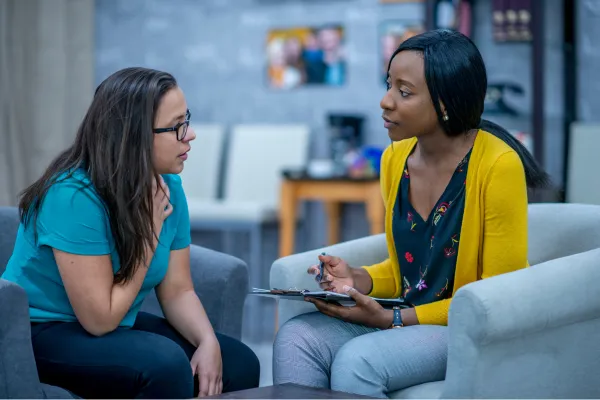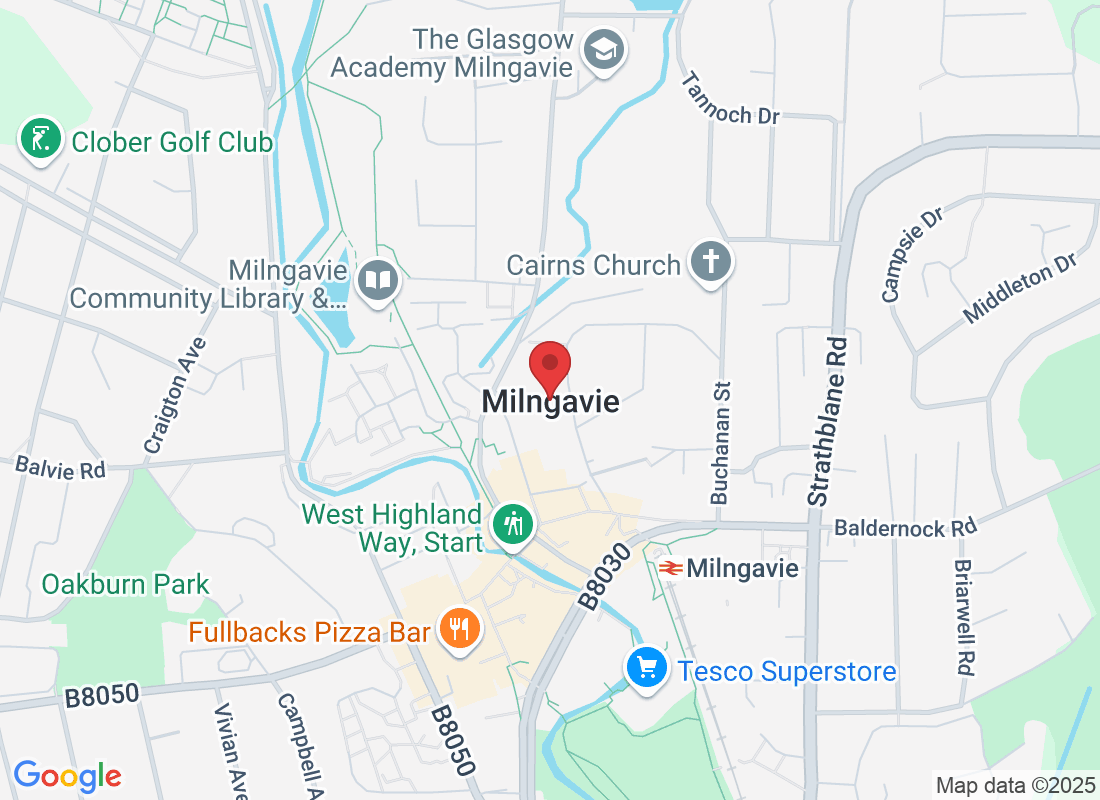
Brain Injury Recovery: How Speech Therapy Rebuilds Confidence
Brain Injury Recovery: How Speech Therapy Rebuilds Confidence
A brain injury can change your life in an instant.
Simple things like chatting with family, making a phone call, or asking for a coffee can suddenly become frustrating and confusing.
You might feel stuck. Embarrassed. Misunderstood.
But here’s the good news: your recovery doesn’t end after the hospital stay.
And speech and language therapy can play a powerful role in helping you feel like “you” again.
“Why Can’t I Say What I Want to Say?”
After a brain injury — whether from a stroke, accident, brain tumour or infection — you might find it hard to:
Speak clearly
Find the right words
Understand what others are saying
Read or write like you used to
Keep up with conversations
Speak on the phone
Use humour or express emotions
This is often due to conditions like aphasia, dysarthria, or cognitive-communication difficulties — and these are very common after a brain injury.
It’s not about intelligence.
Your brain is still working hard. It just needs help rebuilding the pathways for communication.
Speech Therapy: More Than Just Talking
Speech and language therapy doesn’t just teach you to talk — it helps you communicate confidently in everyday life.
That includes:
Re-learning how to find and say the words you want
Speaking clearly and being understood
Understanding conversations and responding
Using tools (like apps or pictures) to support communication
Building memory and attention to help with conversations
Rebuilding social confidence after losing speech skills
Rebuilding Confidence, Step by Step
Losing your voice doesn’t mean losing who you are.
But we understand how scary and isolating it can feel.
You might be thinking:
“People don’t give me time to speak.”
“I’m embarrassed when I can’t find my words.”
“I don’t want to be the one who’s always quiet.”
“I avoid social events because I can’t join in.”
Speech therapy helps you take back control.
With the right support, you can:
Speak with confidence again
Enjoy conversations with family and friends
Take part in social activities without fear
Feel independent and heard
Reconnect with your identity
What Does Therapy Look Like?
With Helen McLean, your therapy is completely tailored to you.
No cookie-cutter sessions — just real, personal goals like:
Ordering your own food in a café
Chatting with your grandchildren
Making phone calls again
Reading your own birthday cards
Holding a proper conversation with your spouse
Therapy might include:
1:1 sessions in clinic, online, or at home
Daily practice and simple strategies
Communication tools to use in everyday life
Support for your family, so they know how to help too
“But It’s Been Months — Is It Too Late?”
No — it’s never too late to make progress.
Many people are told they’ve “plateaued” or “won’t improve” after a few months.
But that’s simply not true.
With the right therapy and continued support, recovery can continue for years.
Speech therapy can reopen doors that seemed closed.
You’re Not Alone — And You’re Not Done
If you or someone you love is struggling to speak after a brain injury, please know:
There is a way forward
You can be heard
You deserve to be part of the conversation again
Book a free discovery call with Helen McLean today to find out how speech therapy can support your recovery.
Let’s rebuild your confidence, one word at a time.



